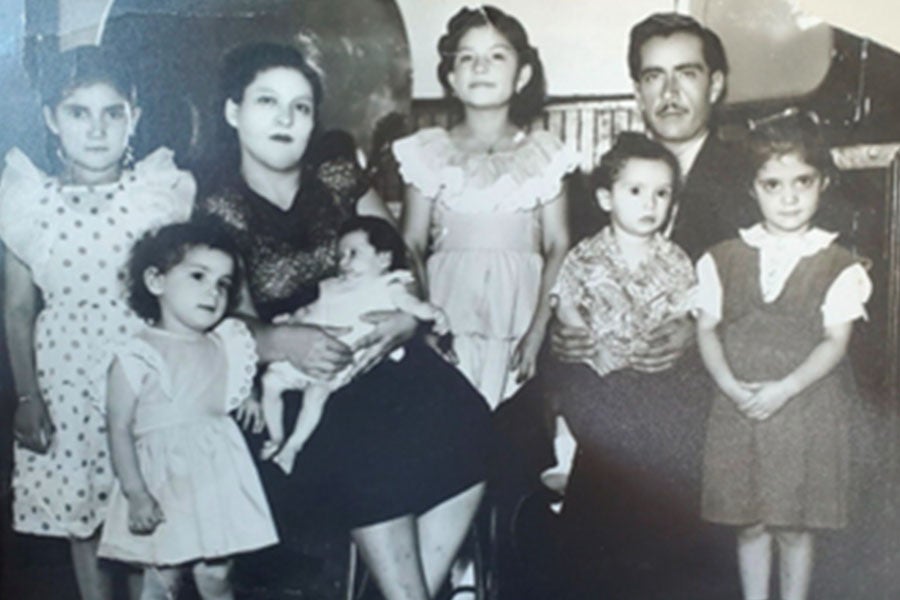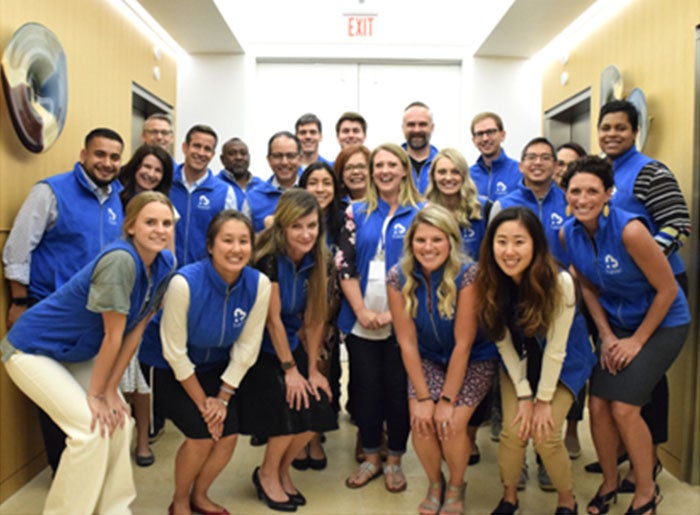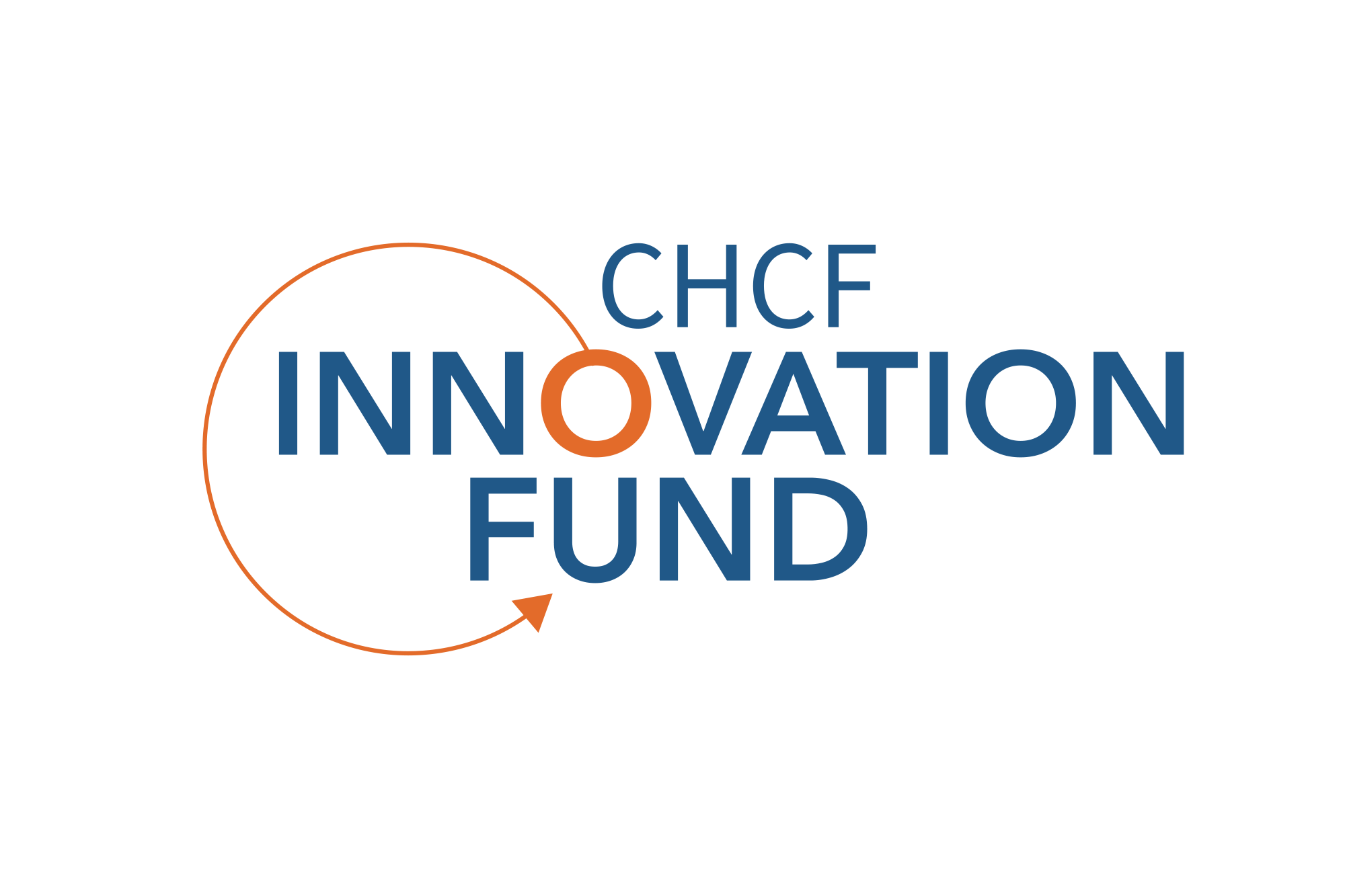“As CEO of Hazel Health, my number one job is to make sure we achieve our mission for every child to be seen, heard, and cared for,” says Josh Golomb.

Hazel Health, one of California Health Care Foundation’s latest Innovation Fund investees, works with schools and districts to meet children and their families where they are.
They provide culturally competent on-demand pediatric care, and more immediate access to mental health care for children across California and the country.
Hazel doubled the rates of mental health access for children in the school districts that they partner with—a gamechanger for kids in need. Prior to the COVID-19 pandemic, only half of children in the U.S. who needed mental health care were able to access it. The situation has become even more dire over the last few years.
“A child was recently referred to us who had just lost their father during COVID,” shared Josh. “We found out that the family was on Medicaid, and they were on a 7-month wait list to receive counseling, which is typical. When we told the child’s mother that we could see her child that week, the mom literally broke down in tears. We were able to get her child to see someone within a few days.”
Hazel’s mission to serve more children in these types of situations reflects Josh’s personal experience with the healthcare system growing up and as a parent.
“I have an extremely close and wonderful family,” said Josh. “My grandparents came to California from Zacatecas, Mexico, when they were pregnant with my mom. My grandfather worked hard painting houses to provide for his family. But one day, when my mom was just 16, my grandfather was painting a house and he had a heart attack.”
The ambulance rushed his grandfather to the nearest hospital. Unfortunately, because Josh’s grandfather didn’t have commercial insurance, the hospital wouldn’t take him. As they rerouted, his grandfather went into a coma and passed away.
“He didn’t have to die,” said Josh. “My grandmother had nine kids and didn’t speak the language. My mom, who was the second oldest, ended up helping raise the other seven siblings. My family’s exposure to healthcare was that they didn’t have access to it. It was not something that they could use and benefit from. Healthcare in the U.S. was for people who spoke English and didn’t look like my family looked.”
“My family’s exposure to healthcare was that they didn’t have access to it. It was not something that they could use and benefit from. Healthcare in the U.S. was for people who spoke English and didn’t look like my family looked.”

Fast forward five decades, and Josh says the system is still not working for people living on low incomes and for people of color.
“Having worked in health care for 20 years, it’s been painful to see how often inequities play out,” said Josh. “Everyone wants to be healthy, but look at almost any metric that matters – infant mortality, life expectancy, mental health access – and it turns out that those outcomes are very closely correlated with where you were born, and what zip code you live in.”
These difficult stories have driven Josh to think differently about how health care is provided and where it can be accessed. “To build a system, to build a new model that tackles health equity, you have to start from day one saying, how do I create a model that every single person has equal access to?”
Josh recalled a 2017 meeting with Hazel’s other founders. “I remember meeting these amazing tech founders in the Valley, including some former educators. We all came together around this idea that if we really wanted to make health care easier for kids and for families, well, there’s no better place to go than schools. That’s where kids are 180 days a year, 30-plus hours a week.”
“We all came together around this idea that if we really wanted to make health care easier for kids and for families, well, there’s no better place to go than schools. That’s where kids are 180 days a year, 30-plus hours a week.”
Josh said that while he loved the concept, he also had some concerns about becoming CEO of the fledgling company because he wanted to understand if it really made a difference. “I thought it was amazing. I was also skeptical of whether something that was so health tech and innovation-based could actually work in a school.”
Josh then had the chance to visit one of Hazel’s first partners, a K-8 school based in Sacramento.
The elementary school that Josh visited is situated in one of the poorest areas in the city of Sacramento. According to the National Center for Education Statistics, the school enrolls 87% economically disadvantaged students who are on the free or reduced lunch program. Its minority student enrollment is 97%.

“We were immediately greeted with this warm hug from the school nurse,” said Josh. “As they showed me around, everyone knew what Hazel was, including the kids. The nurse talked to me about how Hazel has helped her bring health care to more kids. I had a chance to talk to some of the staff and the teachers, and they were so thankful and so excited.”
The school staff were excited because they were seeing the impacts firsthand. Attendance had gone up significantly since introducing Hazel. Kids who had been missing school due to minor health issues like asthma or pink eye were now able to get care more quickly, and then get back to the classroom.
“Kids – and not just the wealthier kids – were actually able to be in school and learning again,” said Josh. “This convinced me that we were on to something.”
Since then, Hazel has expanded to partner with twelve states in nearly 80 school districts that together serve nearly two million children in 3,000 schools across the country.
Josh describes Hazel’s model as “turning schools into virtual care delivery sites. We set up private secure places in the schools where kids can get access to one of our doctors or mental health professionals when they need them. They can then access those services while they’re at school or later while they’re at home.”
What makes Josh the most proud of Hazel Health is that it not only provides access to health care for any child who needs it, when they need it, but the model is also making it possible for children to access services from people who mirror the communities they serve in a culturally competent way. More than 50% of Hazel’s care providers identify as people of color, and 40% speak a second language fluently.
“Schools are already built around this concept that every child deserves care, and that means every child, regardless of the family’s income level, regardless of their insurance status, regardless of the language they speak or the color of their skin,” said Josh. “By partnering with schools, we are able to build a new model for care. We are creating something for everyone and building this model with principles of health equity from day one.”
The California Health Care Foundation’s Innovation Fund has made a program-related investment in Hazel Health to pilot the delivery of virtual mental health services in California school districts. The pilot will aid in developing a sustainable approach to filling gaps in behavioral health care access for students by collaborating with Medi-Cal managed care plans and other community providers. The Fund is also supporting Hazel with outcome measurement to help the company demonstrate its model as it works to expand to serve more children around California and the country.
Get in touch to learn more: www.CHCF.org | https://www.hazel.co/

